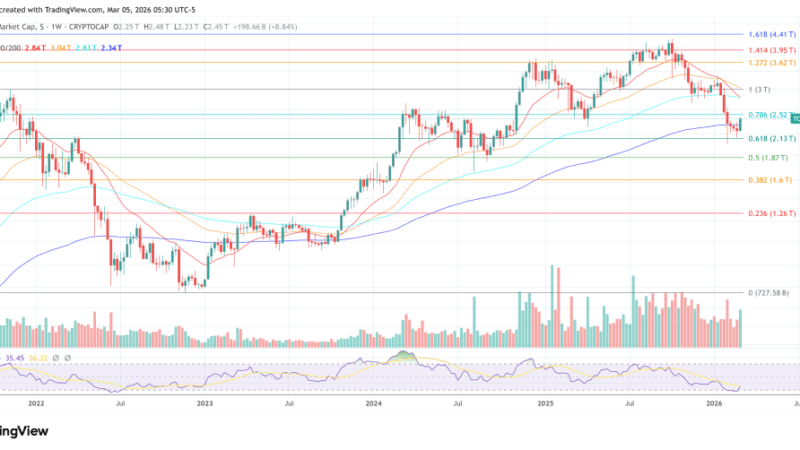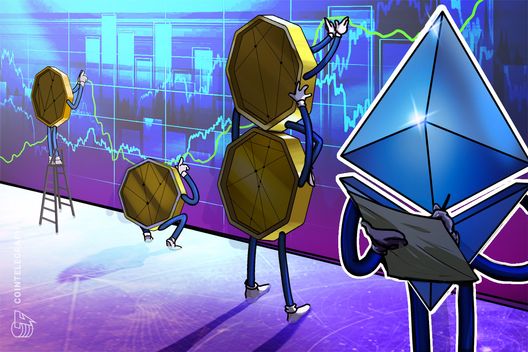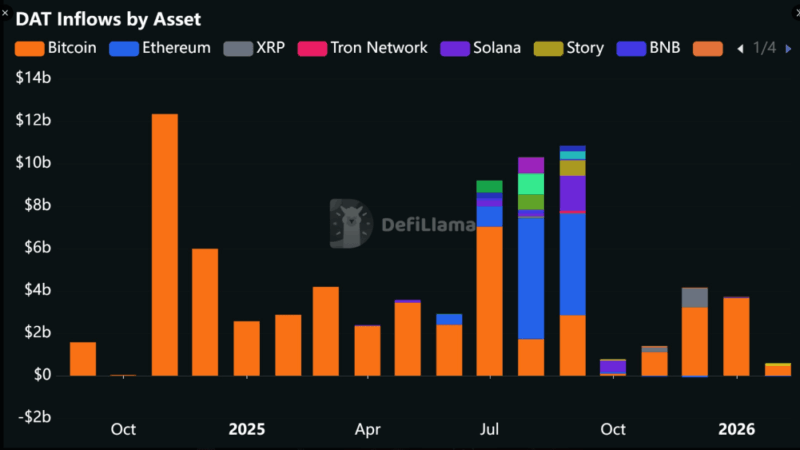GRO Rewards: How Does it Work?
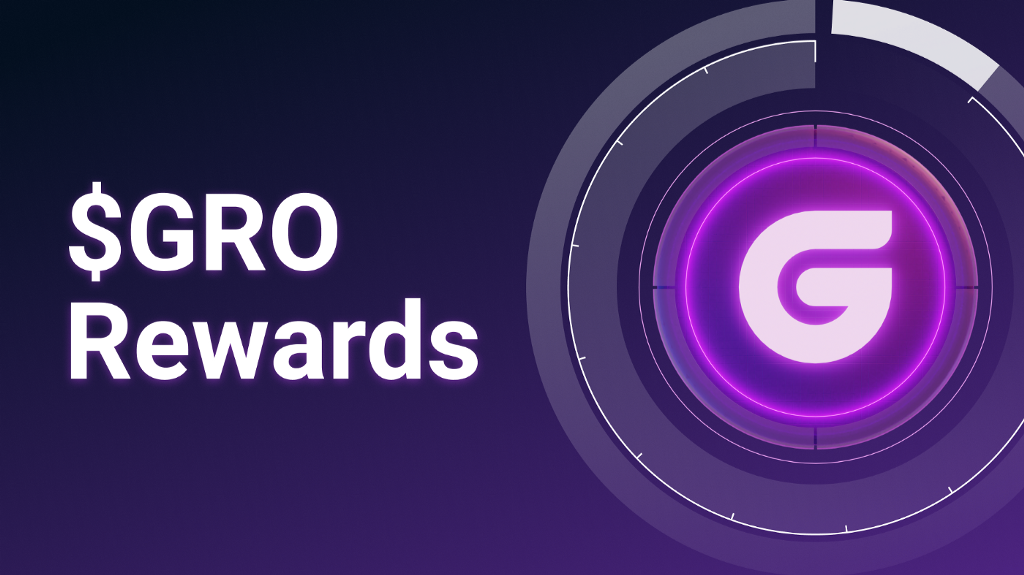
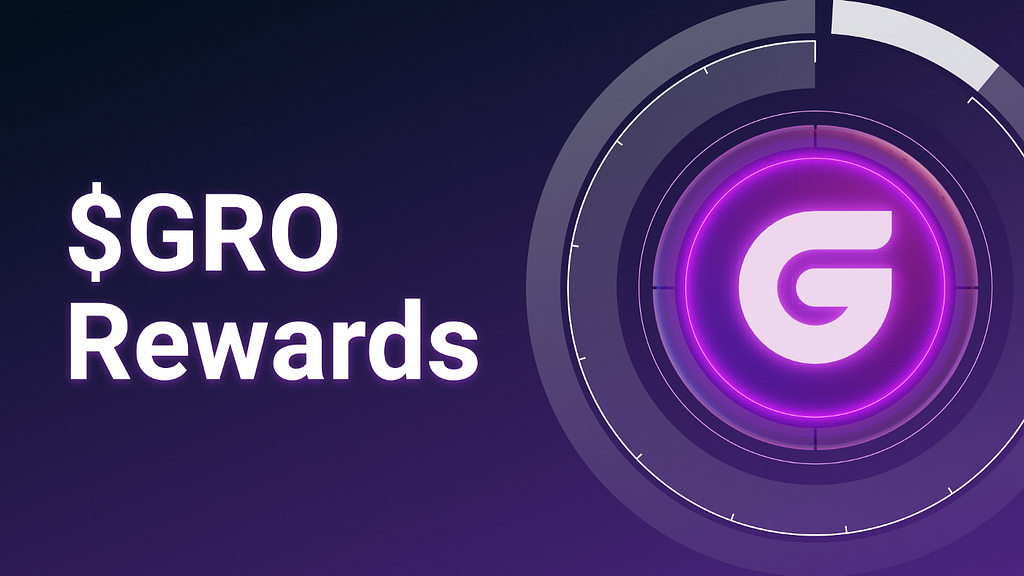
In order to drive sustainability of the GRO protocol for a long term period, it was imperative that the team came up with a solution that would be favourable to the users of the GRO DAO protocol, and so they came up with an idea that bordered on rewards and vesting. The principle around the idea is tied to the increment of DAO users’ influence, based on their prolonged interaction with the GRO protocol. Basically, it means that regular interaction with the protocol, preferably for longer periods, will make a user become more influential, and it will be made possible with the aid of the GRO token.
How it works
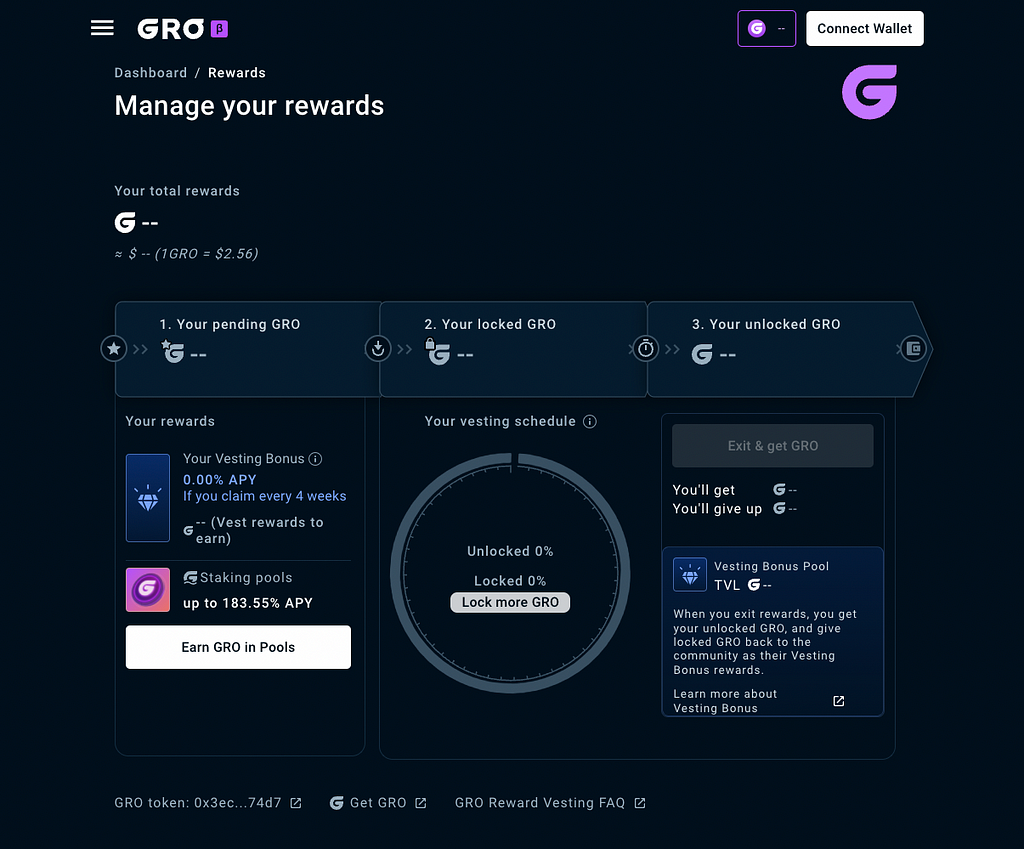
One of the major aims of the team is to take away the centralization from the protocol’s governance, and it would be done by the issuance of tokens via air drops, liquidity pools, or vesting bonuses. Vesting of the will happen for 12 months, and users can get their vesting bonuses every 14 days.
The vesting of the tokens can stop whenever the user wants to receive GRO into their wallets. However, it is designed such that the user gets more as they wait, and then when they give up some locked GRO, they are sent to the global vesting bonus. Here are some points to note:
● When GRO is claimed from different sources like the vesting bonus, air drops, or liquidity pools, they do not go directly to your wallet, rather they are transferred to your GRO vesting.
● When a user lays claim to the GRO reward the first time, their vesting schedule begins, and the time for vesting goes on for a full year after the initial claim.
● It is important to note that 10% of the user’s unlocked GRO after the initial claim, is where the vesting schedule begins, and there will be an increment of 100% within one year.
● The user gets fewer GRO when they exit early, as opposed to being rewarded with more when the user exits after longer periods.
● The GRO earned by the user will not be affected if they take away what they have invested from PWRD, Vault or Pool, and the vesting arrangement will also not be affected.
● The schedule for vesting is not attached to a claim, rather it is for the user’s wallet. This means that if there are more claims, there will be an increase in the user’s vesting GRO, while also bringing some adjustments to the user’s vesting period.
● The user can have GRO transferred into their wallets whenever they want, but will lose any unlocked reward if they exit early. For instance, if the user leaves on the first day, then they would have only 10% of the GRO they have vested, to keep. However, if the user leaves after about 6 months, they would get to keep 55% of the GRO being vested. It gets more interesting if the user decides to stay for a complete year after the first day, because they get to keep 100% of the GRO being vested.
● When a user gives up their GRO, they get transferred to the global vesting bonus, and so the users that continue with the protocol will be at liberty to access the locked GRO, and claim them. Basically, any GRO that is let go by a user, automatically becomes owned by the other community users that are dedicated to the protocol.
● Users can also claim their share of the rewards from the global vesting scheme, and their share of the bonus is gotten by dividing the user’s locked GRO by the global locked GRO, and that invariably means that increment in locked GRO is incentivized.
● When vesting bonus is laid claim to by the user, the user has to wait for fourteen days before claiming another.
● Whenever a user claims a GRO reward, an adjustment is made to the beginning of the vesting period, and the end date is one full year after the date it begins. Furthermore, the new date to begin vesting is determined through the overall average of the GRO obtained at the former start date of vesting, and the period when it was claimed.

Another important thing to note is that after getting a vesting bonus, there is a waiting time that is referred to as a cool down period, and that period as well as the maximum period of vesting are controlled by the DAO. By doing it that way, it paves the way for the DAO to even out the frequency of user engagement and the claims on bonuses claims, as a function of the efficiency of gas. The DAO has the ability to put the functionality of the system into the control of dedicated users with increased engagement, without faulting the users with less interactions and smaller wallets.
Users will not be able to have their GRO rewards staked during the vesting period. However, they can explore other options to get more GRO, and that can be achieved with the aid of the vesting bonuses.

Calculating what is obtainable isn’t possible, as there are different variable factors to take cognizance of; for instance the frequency of the user’s claims has to be considered, as well as the gas fees and behaviour of other users, and it paves the way for users to bring some increment to their vesting GRO, without the need for staking, as is the case of some other protocols.
Note: One of the questions that many people have asked is whether they can transfer their vesting positions from one wallet to another, and the answer is no, because the protocol is not created to function that way.
Gas fees will be paid for claiming rewards that are given up every 14 days, because a user has to execute every claim that is made. The system is designed such that if there are many diamond hands, the weighted average will be little, and so the DAO would have to add more days to the cool down period which is originally 14 days; that way, it doesn’t have a negative impact on users that have smaller amounts and influence.

Useful links:

